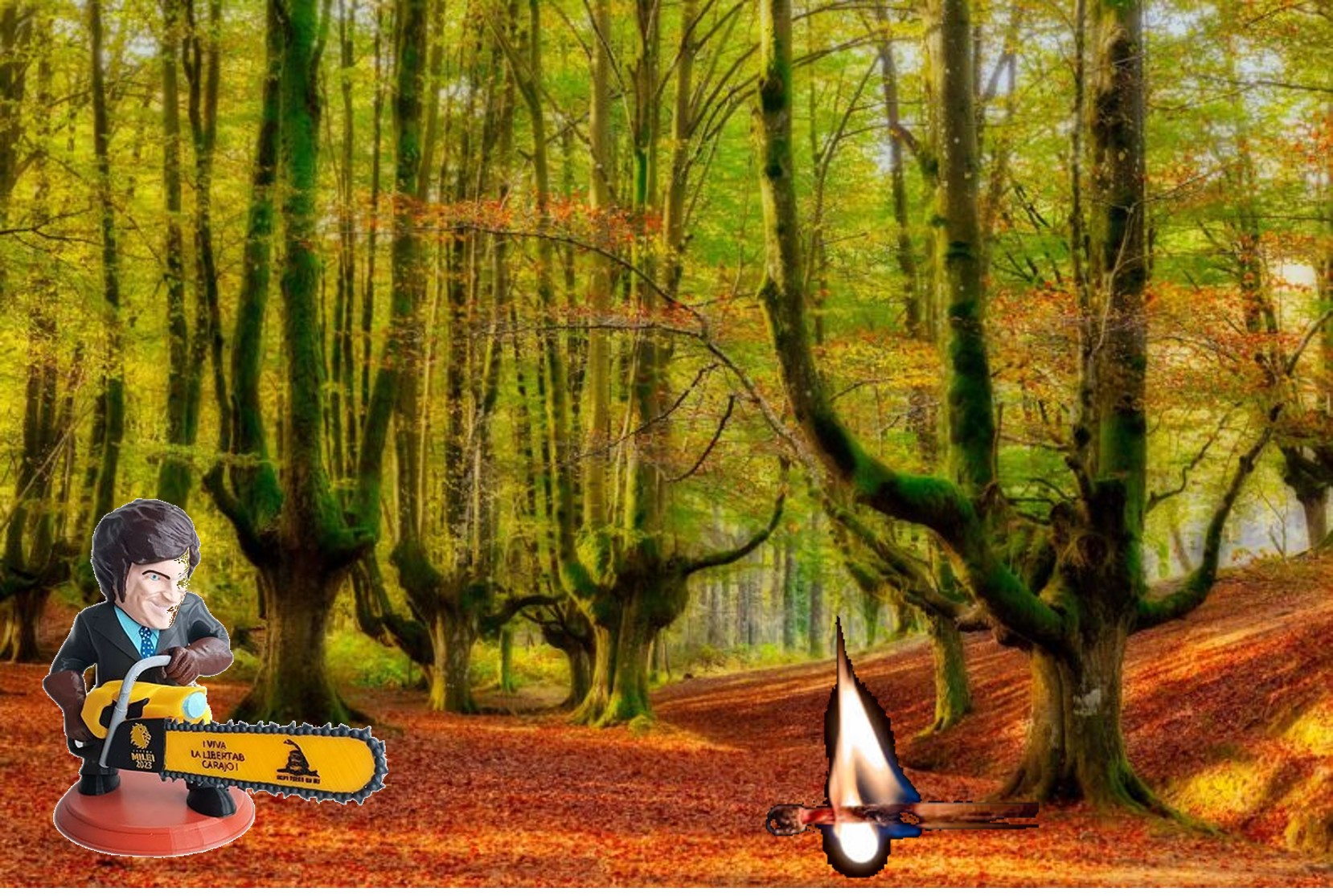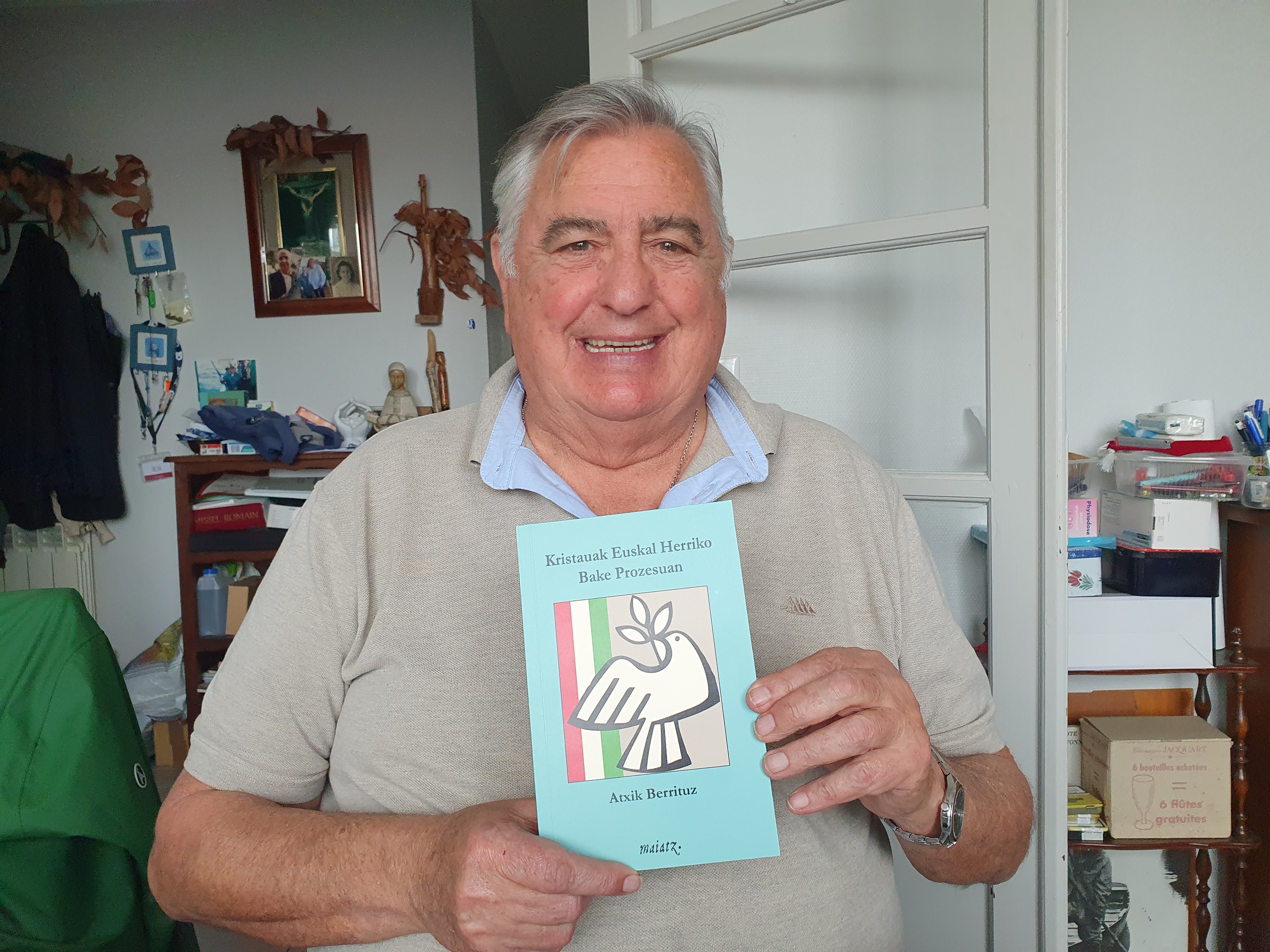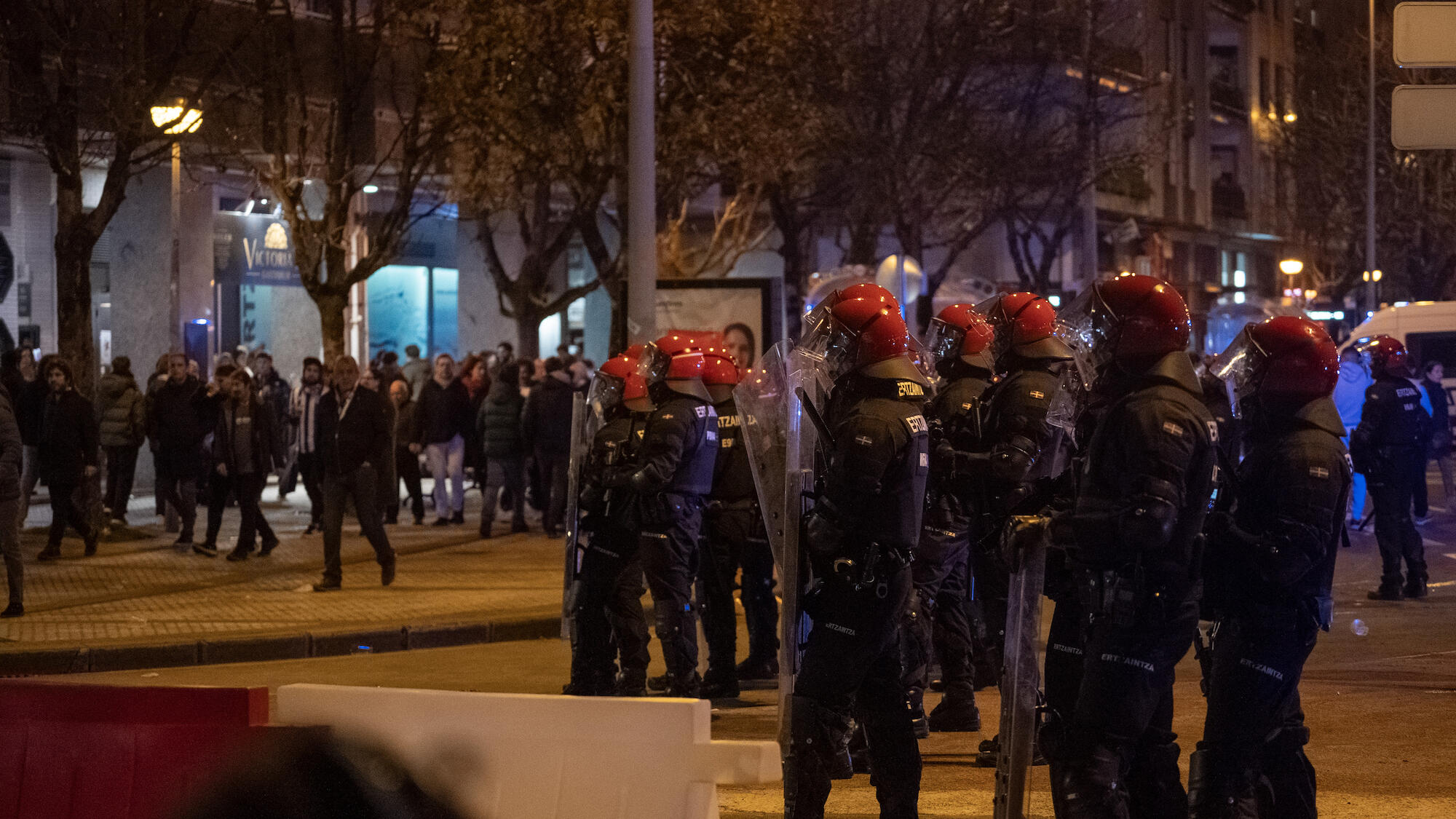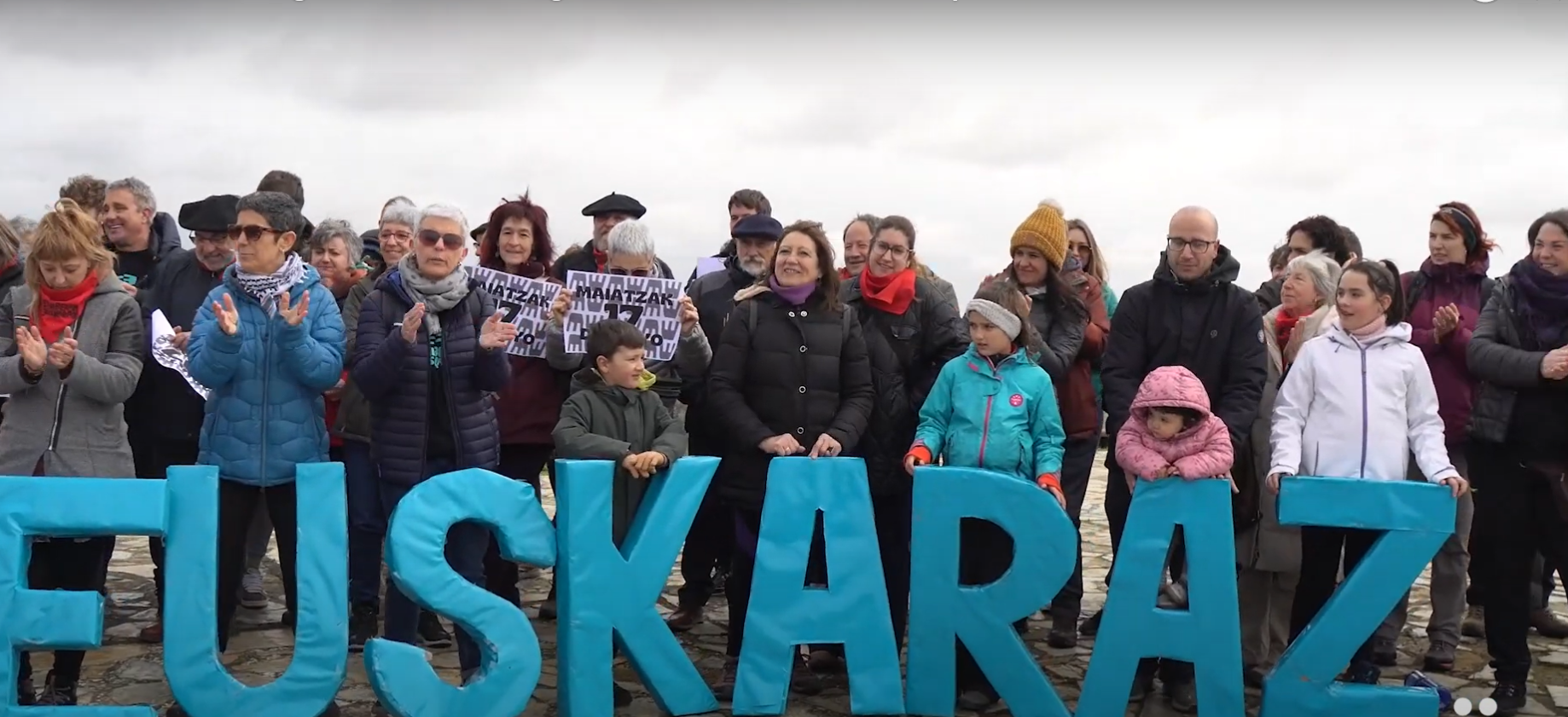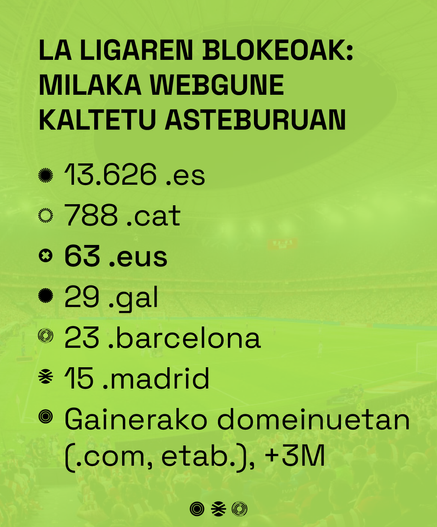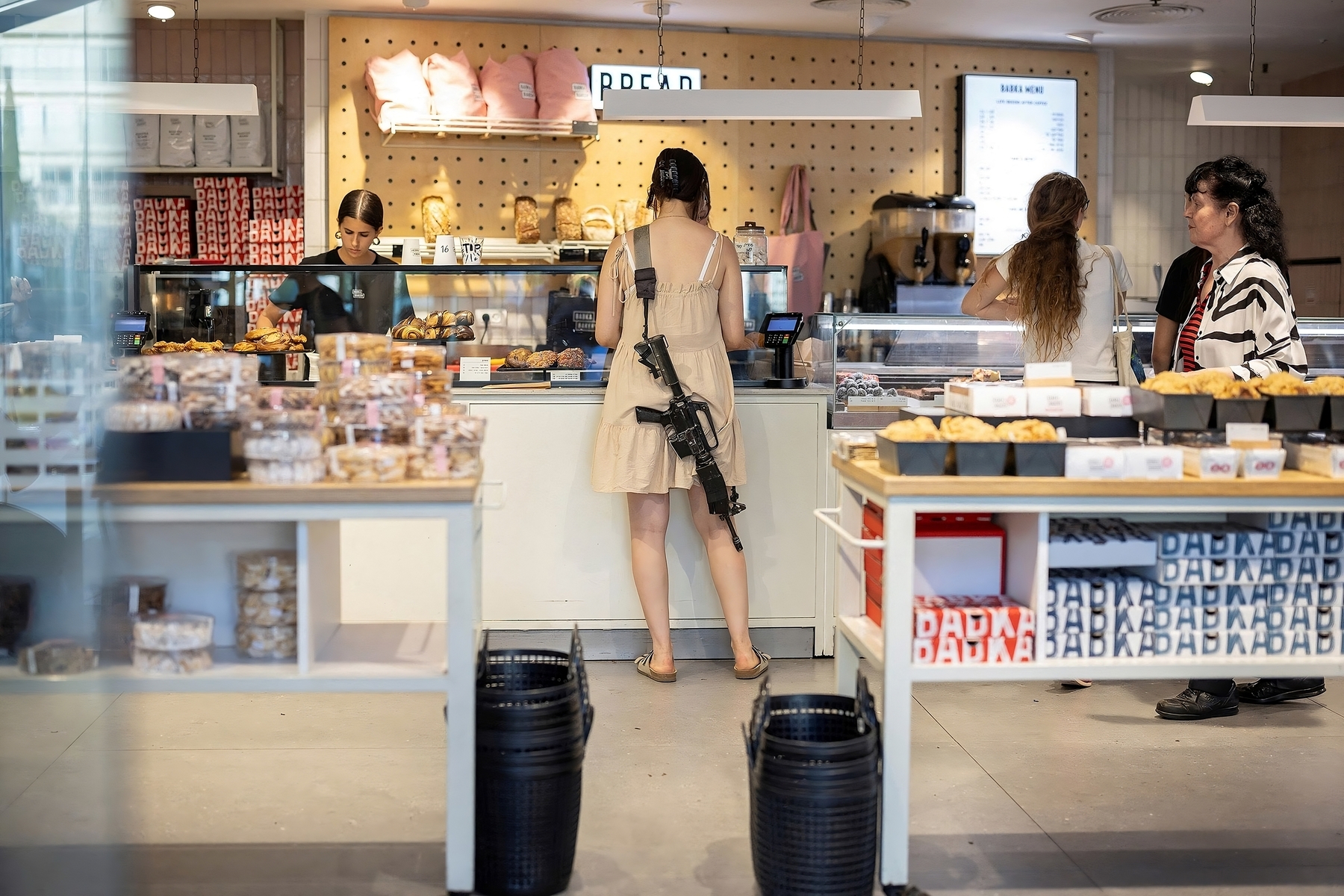Macron powder
- The social mobilization of these kids has spread throughout the French state, also in Iparralde, and the government's policy led by Macron is turning upside down. But there is now a risk that only the fundamental problem raised by these popular sectors will be tackled with repression.
The rebellion of these Warriors erupted in November. The protest, initially against the rise in fuel prices, soon gathered other demands: improving purchasing power, reducing taxes, resignation of Macron, changing the system... The French president described it as "great national debate" in his attempt to "reassure things". But the day after the end of the debate, on 16 March, some 10,000 yellow jackets appeared in Paris and there were “violent actions to break up shops, kiosks and shop windows.”
With the excuse of these "violent groups", Macron has responded by banning demonstrations in the most important places such as the Elysée Camp in Paris, the Pey-Berland Square in Bordeaux or the Capitol Square in Toulouse in Occitania. According to Macron, these are "criminal" acts in which the government has to be "strong". He owns the street and has chosen the path of repression to avoid the global impact of the social revolt.
Like any government president, Macron knows that the social conflict will be resolved through dialogue to resolve the demands. Taking the street, sending the mobilizations out of the main spaces and focusing the revolt on these “violent groups”, delaying the solutions, is to aggravate the situation and turn it into a powder keg. Repression is not the way.
You may not know who Donald Berwick is, or why I mention him in the title of the article. The same is true, it is evident, for most of those who are participating in the current Health Pact. They don’t know what Berwick’s Triple Objective is, much less the Quadruple... [+]
The article La motosierra puede ser tentadora, written in recent days by the lawyer Larraitz Ugarte, has played an important role in a wide sector. It puts on the table some common situations within the public administration, including inefficiency, lack of responsibility and... [+]
Is it important to use a language correctly? To what extent is it so necessary to master grammar or to have a broad vocabulary? I’ve always heard the importance of language, but after thinking about it, I came to a conclusion. Thinking often involves this; reaching some... [+]
The other day I went to a place I hadn’t visited in a long time and I liked it so much. While I was there, I felt at ease and thought: this is my favorite place. Amulet, amulet, amulet; the word turns and turns on the way home. Curiosity led me to look for it in Elhuyar and it... [+]
Adolescents and young people, throughout their academic career, will receive guidance on everything and the profession for studies that will help them more than once. They should be offered guidance, as they are often full of doubts whenever they need to make important... [+]
Atxik Berrituz giristino taldeak Kristauak Euskal Herriko bake prozesuan liburua argitaratu du Maiatz argitaletxearekin. Giristinoek euskal bake prozesuan zer nolako engaiamendua ukan duten irakur daiteke, lekukotasunen bidez.
Maiatzaren 17an Erriberako lehenengo Euskararen Eguna eginen da Arguedasen, sortu berri den eta eskualdeko hamaika elkarte eta eragile biltzen dituen Erriberan Euskaraz sareak antolatuta











